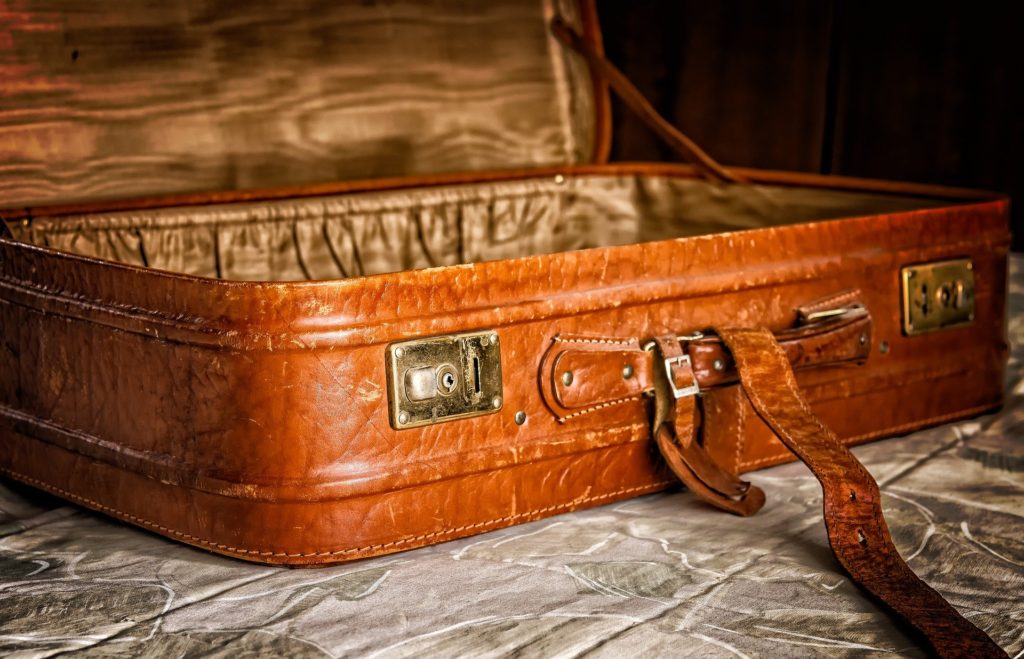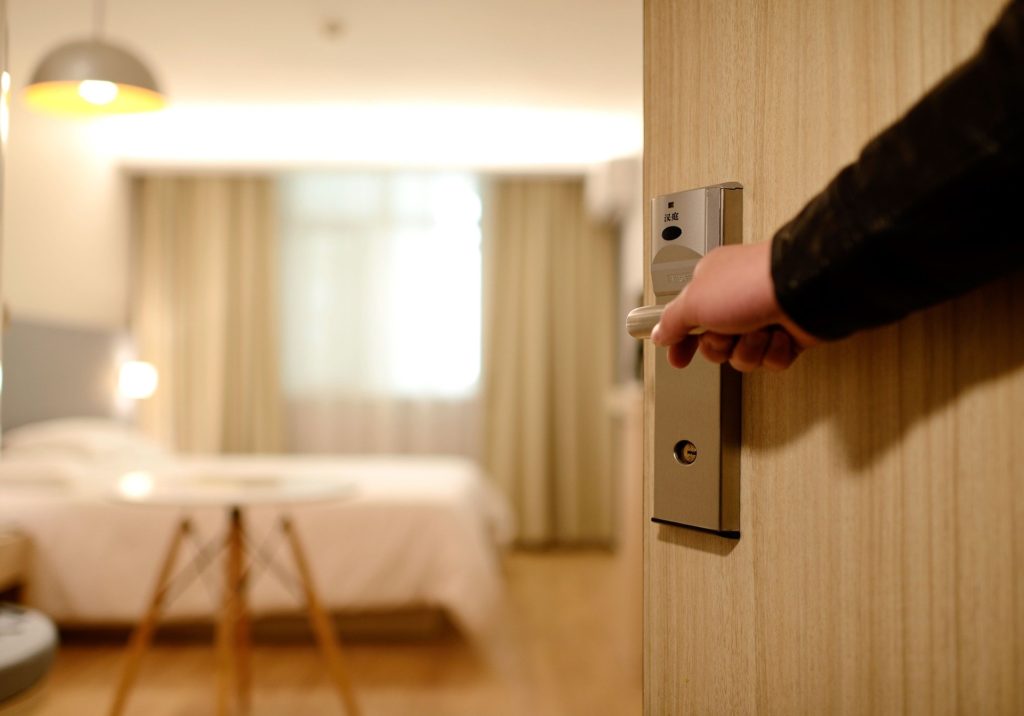Bed bug infestations often occur because you brought the bed bugs home with you. There are many places where you can pick up bed bugs, including college dorms and office spaces. But did you know that you can also get bed bugs during your vacations? Here are our four tips to avoid bed bugs while traveling
Why you should be concerned about bed bugs while traveling
First, it’s important to know why you should be mindful of bed bugs in the first place. This way, you will understand how serious they can be during travels. Here are the potential dangers associated with bed bugs while traveling.
- They can hitchhike in your luggage and clothes. Bed bugs are incredible hitchhikers. The best evidence of that is the fact that many bed bug infestations start by simply bringing home bed bugs from somewhere else. Unfortunately, bed bugs can get into your luggage and clothes, allowing them to spread on anywhere you go, including airplanes and hotels.
- They can bite you. Bed bug bites can cause itching, pain, and swelling. They can lead to infections and even sleep deprivation if you are uncomfortable enough. Though very rare, it’s also possible to get allergic reactions from bed bug bites, resulting in difficulty in breathing and vomiting.
- You may take them home. The worst part is that the bed bug infestation may not end in your travels. You may take them home with you via your luggage or clothes. The few bed bugs you take home with you can start an infestation on your property. Remember that they thrive not just in mattresses, but also in carpets, curtains, furniture pieces, walls, and many other parts of your home.

Some ways to avoid bed bugs while traveling
Bed bugs are very avoidable if you take the necessary precautions. Here are four basic yet effective tips.
1. Make your belongings inaccessible
The hitchhiking abilities of bed bugs are unparalleled, but these gifts are useless if there is nothing to hold on to. Make your belongings inaccessible to these pests.
- Choose your luggage and luggage rack carefully. Do you know which parts of a mattress bed bugs like? They thrive in corners, cracks and holes, seams, and even in zippers. Your luggage may have these features too, so it’s important to use sturdy luggage with minimal folds and gaps where bed bugs can hide. Don’t overlook the luggage rack too. If possible, use a metal luggage rack.
- Wrap all your belongings in a sealable bag. Bed bugs like to stay in fabric too. In fact, cabinets, cupboards, and wardrobes with undisturbed and unused clothes are some of the most favorite spots of bed bugs in homes. You should seriously consider putting all your belongings in a sealable plastic bag as an added layer of protection. This is just in case they make it through your suitcase. Some people even use thick trash bags instead.
2. Check your seats before settling
At this point, you should already know that bed bugs are not stationary insects that thrive in homes. They can thrive in moving objects as well, including the variety of seats you will encounter during your travels.
- Look out for infested seats from airplanes, buses, rental cars, and trains. Soft-cushioned furniture, particularly seats, is a hot spot for bed bugs. You can find a lot of these furniture pieces in your travels, and it’s important to check them first before you settle. Look for the signs of a bed bug infestation, such as live bed bugs and bed bug carcasses on corners.
- Alert the appropriate authorities. If you think your seat is suffering from a bed bug infestation, alert the appropriate person. For example, if you are on an airplane, inform the flight attendant of your situation immediately. If you are in a rental car, contact the rental company and ask for a refund.
3. Inspect your hotel room
Hotels accommodate thousands of people a year. It’s not farfetched to think that at least some of the guests have brought in bed bugs in their room. And you could be the next occupant of that room.
- Avoid settling immediately. Many travelers are exhausted from their trip to the hotel, so they immediately put down their luggage and dive into bed. But if you want to avoid bed bugs while traveling, you shouldn’t easily give in to your exhaustion. You have to check your hotel room first. While you are still not sure if your room is free of bed bugs, avoid taking your luggage out of your luggage rack and place them on a spot where they don’t get into contact with carpets, draperies, furniture, and mattresses.
- Check the most common areas infested by bed bugs. Check the carpets, curtains, mattresses, and all wooden furniture pieces in the room. These are the areas usually infested by bed bugs in hotel rooms. Look for live bed bugs, bed bug carcasses, and bed bug eggs, which look like white capsules. If you think your room is suffering from an infestation, inform the hotel staff immediately.

4. Wash everything when you get home
You can practice all the necessary preventive measures, but you may still end up bringing a few bed bugs with you. Just to be safe, wash everything once you get home.
- Vacuum or steam clean your luggage. Isolate your luggage first, so any hitchhiking bed bug will have little to no chance to latch onto your home and start an infestation. It’s best to isolate your luggage in your driveway, garage, or any spot just outside your entrance door. Vacuum all bags and suitcases and throw the contents of the vacuum cleaner in a trash can that is not inside your home. If you can also steam clean them, the better.
- Wash all your belongings. Put your clothes in the washing machine immediately. Hitchhiking bed bugs can die in water and heat. If you can’t wash your clothes, dry clean them. But if you can’t dry clean them immediately, don’t take them out of their sealable bags to keep them isolated.
You can avoid bed bugs while traveling
Yes, it’s possible to avoid bed bugs while traveling. All you have to do is to pack your belongings well and be extra sensitive to your surroundings, especially to areas where bed bugs can thrive.
But you shouldn’t be complacent even after you have done all the necessary preventive measures. It’s always good practice to isolate and clean your belongings once you get home.

